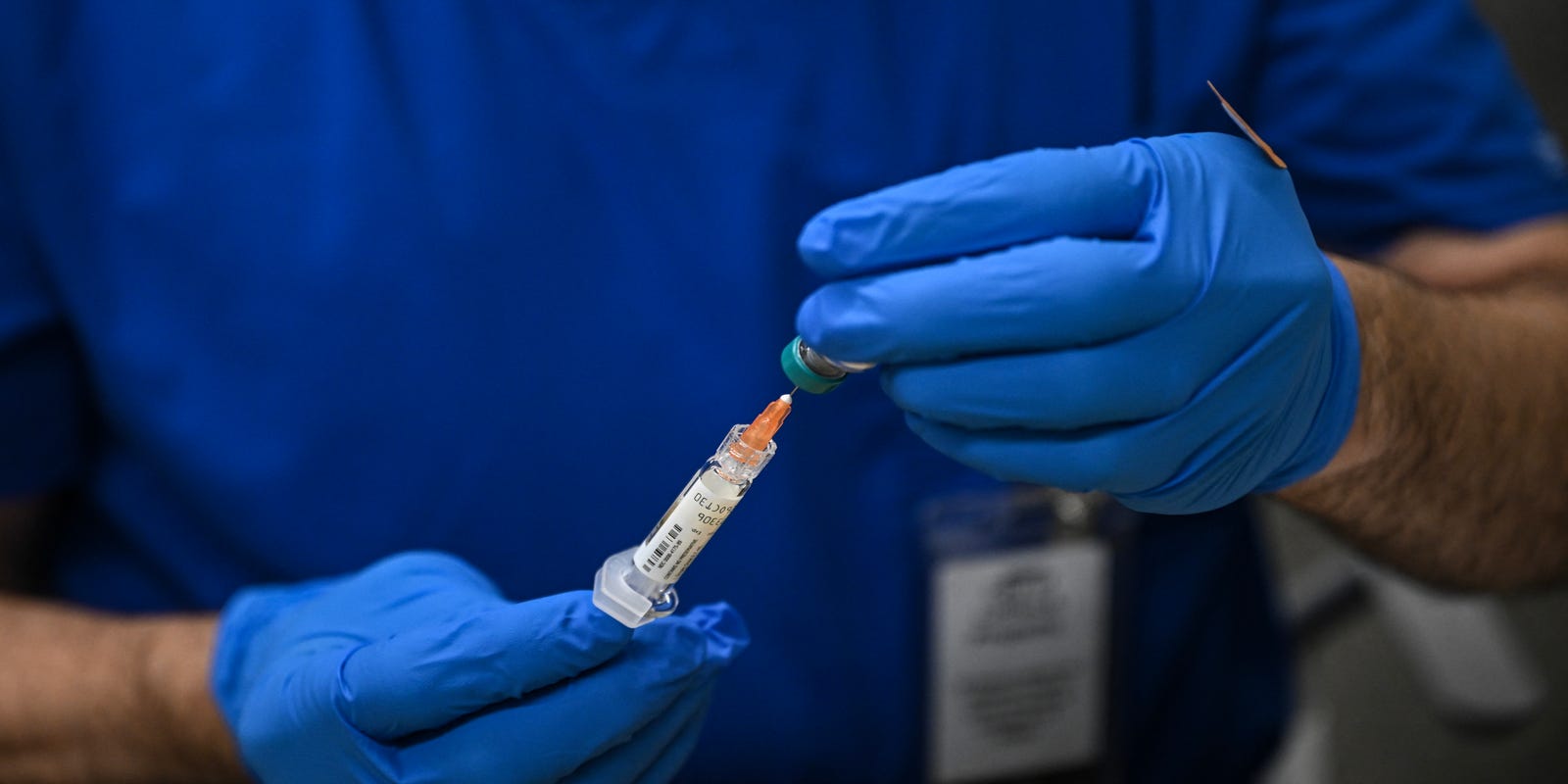Measles Outbreak Surges: 607 Cases Spark National Health Alarm

Georgia health officials have reported three confirmed measles cases, but these instances are directly tied to international travel rather than being connected to the recent outbreak in Texas. The state's health department is closely monitoring the situation and emphasizing that these cases appear to be isolated and imported from abroad.
While the discovery of new measles cases always raises concern, health experts stress that the link to international travel suggests these are not part of a broader local transmission. Travelers and individuals returning from countries with known measles activity are being advised to remain vigilant about their vaccination status and potential symptoms.
The cases serve as a reminder of the importance of maintaining up-to-date vaccinations and taking precautions when traveling internationally. Georgia's health authorities are working diligently to track and contain these cases to prevent any potential spread within the community.
